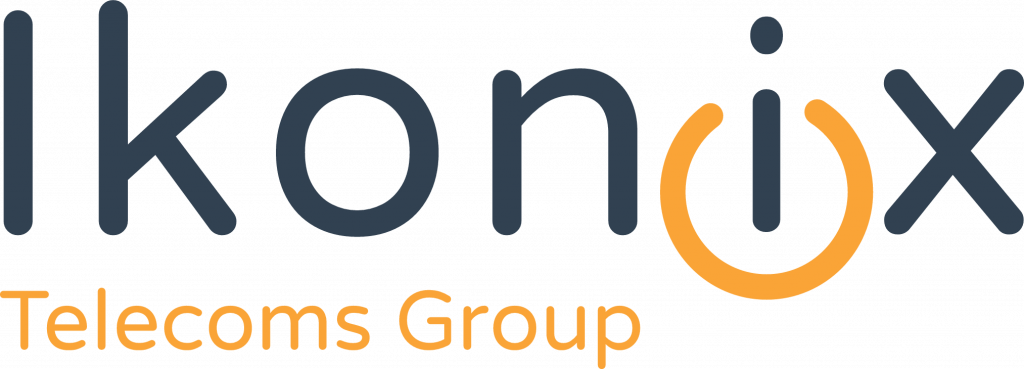The BT Openreach Digital Switch Off: Do you Need to Take Action Now
In today’s interconnected world, digital connectivity is not just a luxury; it’s a necessity. From remote working and online education to telehealth and staying in touch with loved ones, reliable and super fast internet access has become a lifeline for many.
Ikonix Telecoms has thrived in supplying super fast internet services both locally in Kent as well as the wider UK. However, a a percieved looming threat to this vital service has emerged in the form of the BT Openreach digital switch off, or is this simply bad communications and lack of public knowledge. This impending shift has sparked a petition, garnering support from concerned citizens and organizations alike. In this blog post, we’ll delve into the reasons behind the petition to stop the BT Openreach digital switch off and why it matters to us all.


Understanding BT Openreach
Before we delve into the controversy surrounding the digital switch off, it’s important to understand who BT Openreach is and what their role in the telecommunications industry is.
BT Openreach, a subsidiary of BT Group, is responsible for maintaining and upgrading the UK’s telecommunications network infrastructure, including a lot of the Superfast Internet circuits provided by Ikonix Telecoms which is used for hosting our VoIP services. This includes the copper and fiber-optic cables that connect homes and businesses to the internet and landline phone services. Essentially, they’re the backbone of our digital connectivity.
The Digital Switch Off Proposal
BT Openreach’s proposal to switch off its copper-based infrastructure has raised significant concerns. The plan is to transition to a full-fiber network, which would entail retiring the older, copper-based technology. While the move to full-fiber is touted as a technological advancement, it comes with a host of challenges and potential consequences.
Accessibility and Inclusivity
One of the primary concerns surrounding the digital switch off is its potential impact on accessibility and inclusivity. Copper-based connections have been the lifeline for many rural and remote areas in the UK, where full-fiber infrastructure may not be economically viable. These areas could face a digital divide, as the transition could leave them with limited or no internet access at all. Vulnerable populations, such as the elderly or those with lower incomes, could find themselves further marginalized by this switch.
Cost and Affordability
Another pressing concern is the cost associated with transitioning to full-fiber. While the technology promises faster and more reliable internet, it may be perceived to also come with a hefty price tag especially for consumers or individuals. This argument doesn’t really hold water for businesses, upgrading to full-fiber may be seen as a benefit and is almost definitely financially feasible and considered a business benefit and Ikonix Telecoms continues to meet the demand to deploy faster and stronger Fiber super fast internet products such as FTTC & FTTP across Kent and the UK. This could result in decreased costs and improved working practices for businesses. Consumers may ultimately bear the burden of these infrastructure upgrades.
Job Losses and Economic Impact
It has been muted that the shift to full-fiber could also have significant implications for employment not just in Kent but across the UK. As copper-based infrastructure becomes obsolete, the need for technicians and support staff associated with its maintenance and repair will diminish. This could lead to job losses in an already fragile job market, especially in regions where the telecommunications industry is a significant employer. To mitigate the potential job losses associated with the switch, the petition calls for investments in retraining and reskilling programs for workers in the telecommunications industry. This would help protect livelihoods and ensure a just transition to full-fiber infrastructure
Enviromental Concerns
While full-fiber technology is generally considered more environmentally friendly in terms of energy efficiency, the process of upgrading the entire network could have a substantial carbon footprint. The manufacturing and deployment of new infrastructure components and the disposal of old copper-based materials could contribute to environmental degradation. It’s essential to consider the environmental costs alongside the benefits of the switch.
The Petition to Stop the Digital Switch Off
In response to these concerns, a petition has been launched to stop the BT Openreach digital switch off. The petition has garnered support from individuals, businesses, and advocacy groups across the UK. Here are some of the key reasons why people are signing the petition:
Protecting Rural Communities
Many rural communities rely on copper-based infrastructure for their internet and phone services. The petition aims to ensure that these communities are not left behind in the race towards full-fiber connectivity. It calls for a comprehensive plan to address the needs of these areas and prevent a digital divide.
Ensuring Affordability
The petition advocates for measures that would make the transition to full-fiber more affordable for consumers and businesses. This includes exploring subsidies, grants, and incentives to help offset the costs of upgrading to the new technology.
Supporting Workers
To mitigate the potential job losses associated with the switch, the petition calls for investments in retraining and reskilling programs for workers in the telecommunications industry. This would help protect livelihoods and ensure a just transition to full-fiber infrastructure.
Environmental Responsibility
The petition emphasizes the importance of minimizing the environmental impact of the transition. It calls for sustainable practices, such as recycling old infrastructure materials and reducing waste during the upgrade process.
Conclusion
The petition to stop the BT Openreach digital switch off represents a collective effort to protect the interests of consumers, businesses, and communities across the UK. While the move to full-fiber technology is undoubtedly a step forward in terms of digital connectivity, it’s crucial to address the concerns and challenges it poses. Ikonix Telecoms has noticed a mainly positive approach to the switch off with Businesses benefiting from the change to VoIP solutions, offering a much stronger and feature rich telephone system than would normally be achievable within a budget – However, in terms of consumers, we can see the major difficulties that may be presented especially to particular demographics such as the elderly.
By signing and supporting the petition, individuals and organizations are advocating for a more inclusive, affordable, and environmentally responsible transition. In the rapidly evolving digital landscape, it’s imperative that we prioritize the well-being of all citizens and ensure that no one is left behind in the pursuit of technological advancement. The BT Openreach digital switch off may be inevitable, but how we manage it and its impact on society is within our control. It’s a call to action to ensure that we move forward responsibly and with compassion for those who rely on these essential services.
